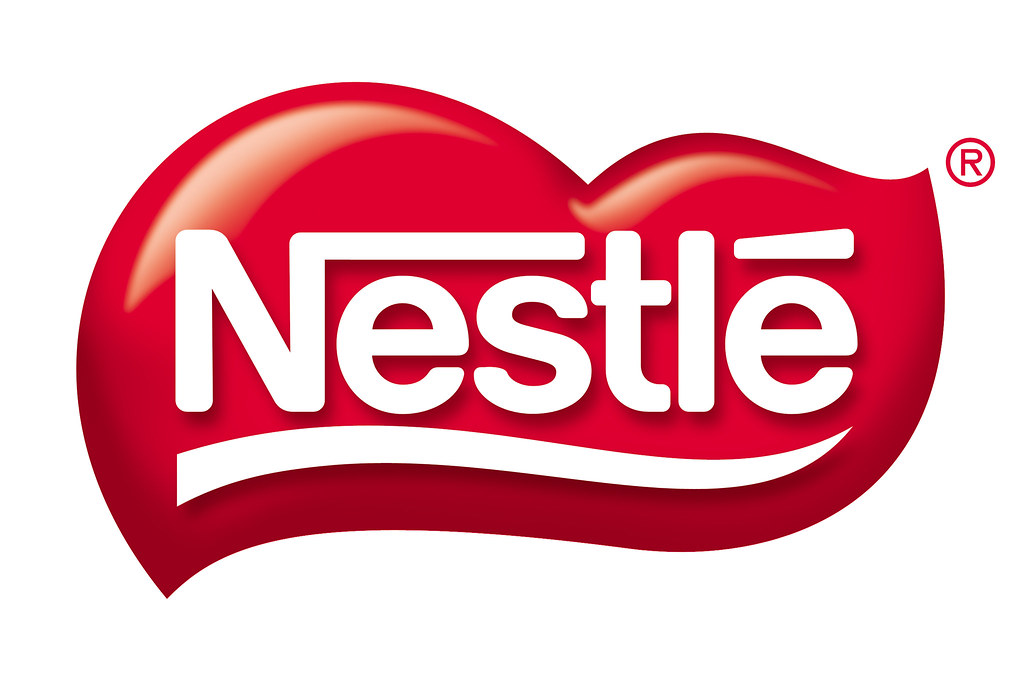In the food and beverage industry, mergers and acquisitions are big news. But the other side of the coin — selling off or scrapping plans to acquire businesses — is just as significant. Now, two of the world’s largest food companies, Nestlé and Mondelez, are rethinking some of their prior business decisions and conducting strategic reviews. So, why are these two food giants changing directions?
Nestlé’s Largely Unhealthy Portfolio
In the last few years, Nestlé has taken numerous steps to expand its presence in the better-for-you food and beverage category, while ditching the number of product lines outside of it. Some recent investments in this segment include plant-based brand Sweet Earth, Blue Bottle Coffee and meal delivery service Freshly.
Despite these efforts, Nestlé isn’t meeting the mark and its executives are acknowledging it. In an internal document cited by the Financial Times, the company admitted that more than 60 percent of products in its mainstream portfolio are unhealthy. Furthermore, only 37 percent of Nestlé’s revenues in food and beverage — not including products such as specialized medical nutrition and pet food —achieve a rating above 3.5 under Australia’s health star rating system, with 3.5 stars as the threshold for the “recognized definition of health.”
Executives recognized that some of the company’s products and entire categories will never be considered healthy, no matter how much it reforms. However, some of the document’s admissions are shocking, especially in the beverage category. Practically all of Nestlé’s beverage portfolio (96 percent), excluding pure coffee, consists of unhealthy products. Additionally, 99 percent of its confectionery and ice cream portfolio are unhealthy and just 82 percent of its water products meet the threshold.
Related: Nestlé Acquires Essentia Water After Selling Bottled Water Portfolio
In response, Nestlé told Food Business News it is “working on a company-wide project to update its pioneering nutrition and health strategy.” A spokesperson added, “We are looking at our entire portfolio across the different phases of people’s lives to ensure our products are helping meet their nutritional needs and supporting a balanced diet.”
The spokesperson said Nestlé began updating its nutrition strategy in January 2021 and it will share the outcome of its commitments in early 2022.
Mondelez Considering Popping Gum Business
While Nestlé’s restructuring efforts are broader, Mondelez is rethinking a specific segment. At a Wall Street conference last week, Mondelez’s CFO Luca Zaramella said the company was conducting a strategic review of its gum portfolio, including massive players such as Trident, Stride and Dentyne.
“As we said many times, the number one priority we have at this point in time is to fix the business and allow the business to return back close to 2019 levels, i.e. pre-COVID levels,” Zaramella said during the conference. “Obviously, it is a business that has been disproportionately impacted by COVID, given the fact that it is consumed for the vast majority on the go.”
Mondelez said in an April earnings call that its candy and gum business was down 16 percent during the quarter and eight percent on a two-year basis. While the company hasn’t made any final decisions, a sale is certainly on the table due to the cash it could generate — cash that could go towards innovation or other acquisitions.
Apart from Mondelez’s portfolio, gum as a whole has struggled. Candy Industry reported that the gum category overall was down 8.2 percent from the prior year, generating $2.88 billion in the year ending June 14, 2020.
With Nestlé and Mondelez expecting rebounds from their pandemic-induced drops, it makes sense for the food giants to look for ways to improve. Once their sales have improved, Nestlé and Mondelez could move forward on sales or other options.












Join or login to leave a comment
JOIN LOGIN